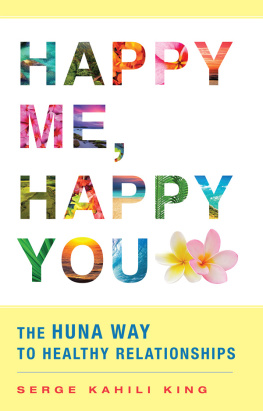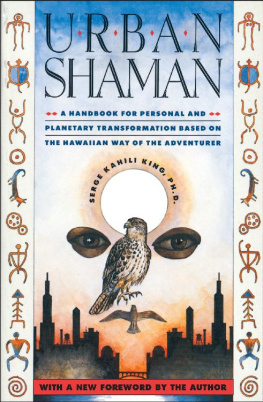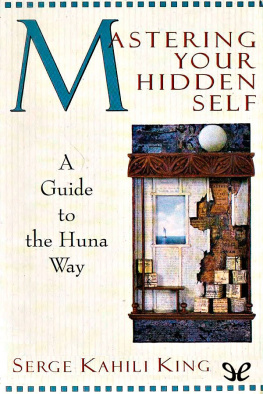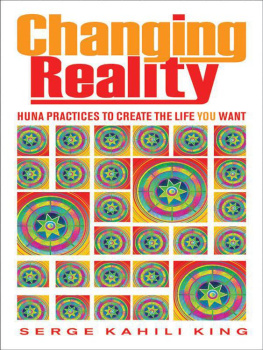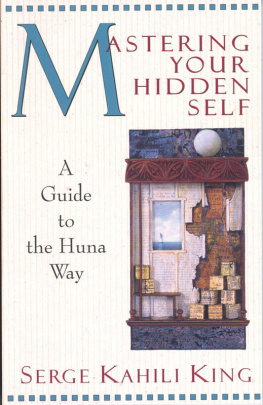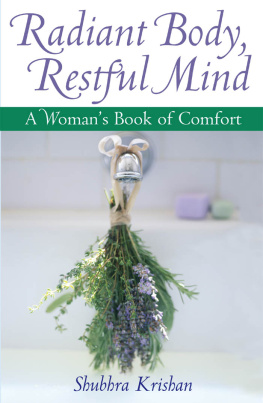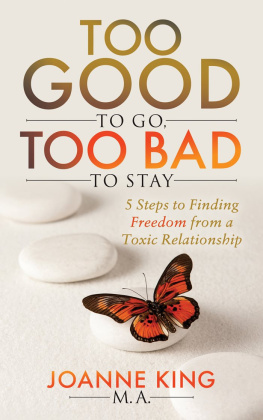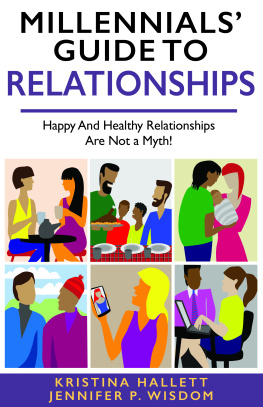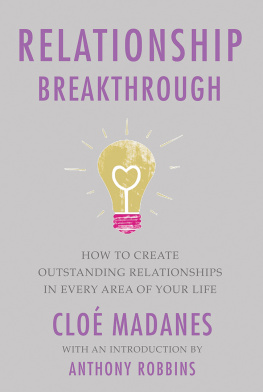Happy Me,
Happy You
Happy Me,
Happy You
The Huna Way to Healthy Relationships
SERGE KAHILI KING

Theosophical Publishing House
Wheaton, Illinois * Chennai, India
Learn more about Serge King and his work at www.sergeking.com and www.facebook.com/skahiliking
Find more books like this at www.questbooks.net
Copyright 2014 by Serge King
First Quest Edition 2014
Quest Books
Theosophical Publishing House
PO Box 270
Wheaton, IL 60187-0270
Without limiting the rights under copyright reserved above, no part of this publication may be reproduced, stored in or introduced into a retrieval system, or transmitted, in any form, or by any means (electronic, mechanical, photocopying, recording, or otherwise), without the prior written permission of the publisher of this book.
The scanning, uploading, and distribution of this book via the Internet or via any other means without the permission of the publisher is illegal and punishable by law. Please purchase only authorized electronic editions, and do not participate in or encourage electronic piracy of copyrighted materials.
While the author has made every effort to provide accurate telephone numbers and Internet addresses at the time of publication, neither the publisher nor the author assumes any responsibility for errors or for changes that occur after publication. Further, the publisher does not have any control over and does not assume any responsibility for author or third-party websites or their content.
Cover design by Drew Stevens
Typesetting by DataPage, Inc.
Library of Congress Cataloging-in-Publication Data
King, Serge.
Happy me, happy you: the Huna way to healthy relationships / Serge
Kahili King.
pages cm
Originally published: Volcano, Hawaii: Hunaworks, 2006.
ISBN 978-0-8356-0920-3
1. Self-actualization (Psychology). 2. Interpersonal relations.
3. Huna. 4. ShamanismHawaii. I. Title.
BF637.S4K54846 2014
299.9242dc232013039924
ISBN for electronic edition, e-pub format: 978-0-8356-2153-3
54321*14151617181920
Contents
I would like to acknowledge and give thanks to all those who helped me to write this book, including my parents, Harry and Joyce; my great-grandparents and grandparents; my brothers, Harry, Loring, and Darrel; my sisters, Dee and Marilyn; my awesome wife, Gloria; our children, Chris, Pierre, and Dion; my extended family of relatives that includes aunts and uncles and cousins, nieces and nephews, in-laws and grandchildren; my Hawaiian family and my Aloha International ohana; my students and friends all over the world; and even those few who have decided that they dont like me at all. Thank you all for being my teachers.
I n old Hawaii there were many legends of how things came to be. Here is one from the Kahili family of Kauai:
In a time before time, in a place where there were no places, there was Kumulipo, the deep, dark, profound, and mysterious void. In that infinite emptiness was an infinite potential, waiting to be filled but unable to manifest because of the tension between two forces: Wakea, the male force of Chaos, and Papa, the female force of Order.
At some timeless point the tension gave way. Chaotic movement interacted with Orders stillness to form the First Wave. Out of that First Wave was manifested the First Relationship. And theres been Trouble ever since.
WHY PEOPLE RELATE
Waves exist because of a relationship between movement and stillness, and everything exists in a multitude of relationships with other things. Not all relationships are healthy, however, in terms of being beneficial to whomever or whatever is related. This is especially true of human relationships. Considering all the differences between men and women, men and men, women and women, cultures and environments, and everything else, it is a mystery and a wonder that anyone ever gets along with anyone.
And yet, they do. Most people, most of the time, do get along; lots of people, some of the time, dont; and a few people all of the time never do. This book is primarily for the second group.
What is amazing is that so many people figure out how to get along all by themselves, without any help. Whats sad is that so many people dont know how to do it, for whatever reason. Aside from those who just dont want to get along with others, I think that everyone who does want to can do so. I also think that all it takes is some simple knowledge of what to do and how to do it.
If we want to understand relationships, we have to understand why people want to relate in the first place. People dont do anything without a good reason, especially something as difficult as establishing and maintaining a good relationship with someone else. So what kind of reason could be compelling enough for people to undertake something as difficult as relating to another human being?
The answer lies in what motivates people to do anything at all, from getting up in the morning, to relating and working and playing during the day, to going to bed at night. All human behavior is rooted in something so fundamental that it is usually overlooked. I am reminded of an old joke about a man who is standing on a street corner, hitting himself on the head with a hammer. When a passerby asks him why he is doing that, he says, Because it feels so good when I stop.
Everybody, really, just wants to feel good. Its as simple as that. People get up in the morning when it feels better than lying in bed. People go to work when work itself, or some benefit provided by work (like food, shelter, or clothing), makes them feel better than they would without it. People play games when such play makes them feel good, or when playing gives them something else that makes them feel good, like money, health, or praise. People go to bed at night when that makes them feel better than not going to bed. And people relate to other peopleputting up with all kinds of inconveniences, difficulties, and dangers in order to do sowhen relating makes them feel better than not relating.
Thats all well and good, you may say, but it seems too general to be useful. You are right, so lets look more closely at what makes people feel good.
WHAT IS FEELING GOOD?
Before discussing what makes people feel good, we ought to examine what feeling good really means. Basically, it is a physiological sensation of pleasure. Even when you feel good because youve solved a problem in arithmetic (or algebra, or geometry, or calculus, or a crossword puzzle, etc.), there is a physiological response that we interpret as pleasure. Like it or not, the body is always involved in any experience of feeling good, whether we associate the experience with our body, our mind, or our spirit.
The actual sensation of feeling good comes from a sudden release of physical tension. A small release of tension produces a small sensation of pleasure, and a large release of tension produces a large sensation of pleasure. Sometimes, however, a sudden release of tension produces a sudden increase of tension, which we call fear or anger, but otherwise a release of tension generally just feels good. As to what causes the sudden release of tension, one common element in many experiences is sudden change. I remember reading a US marketing report stating that retailers could generally count on a significant increase in shoppers right after any change in the weather. According to the report, it didnt matter whether the weather changed from sunny to rainy or rainy to sunny. In either case the number of shoppers would increase. The sudden change in weather released tension in people, which led to increased activity.

